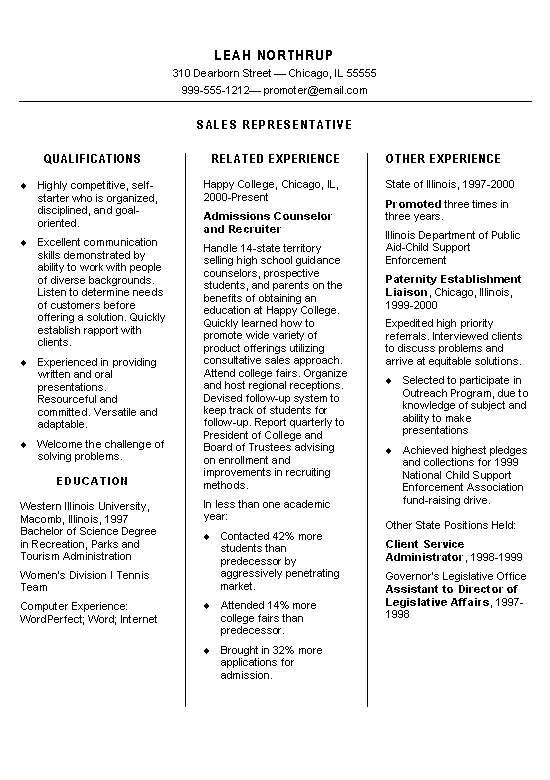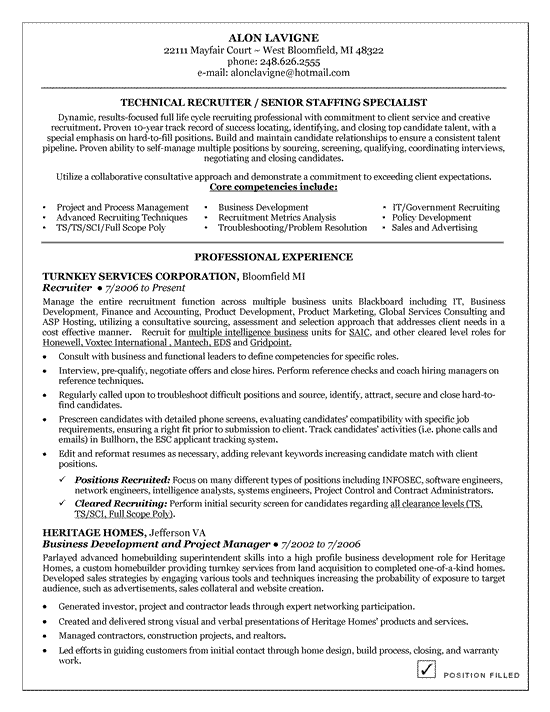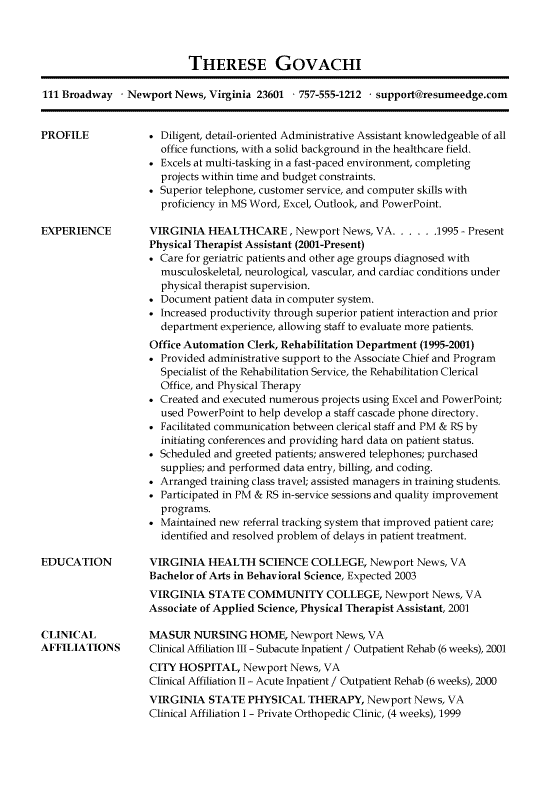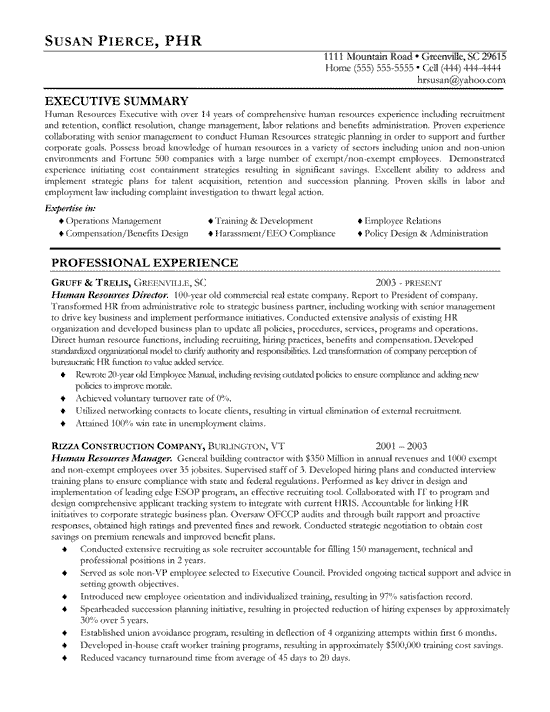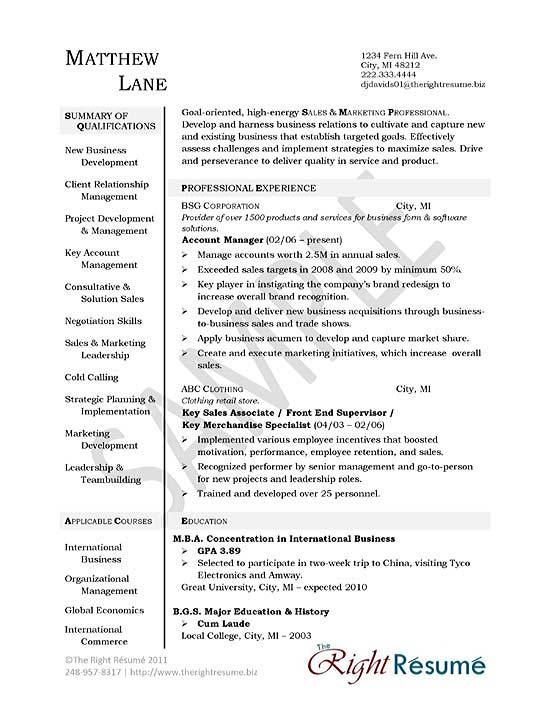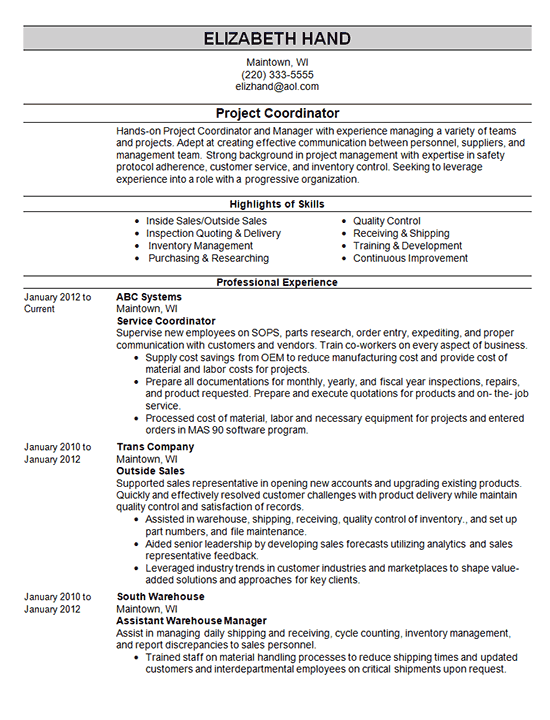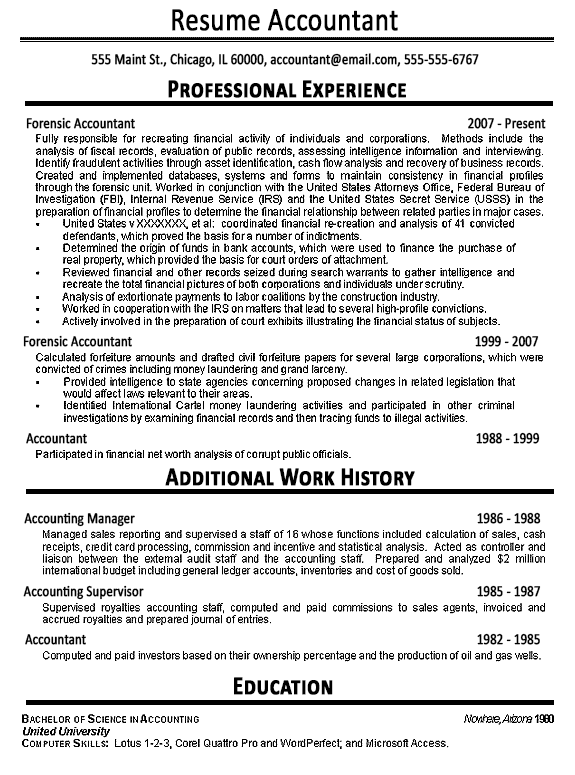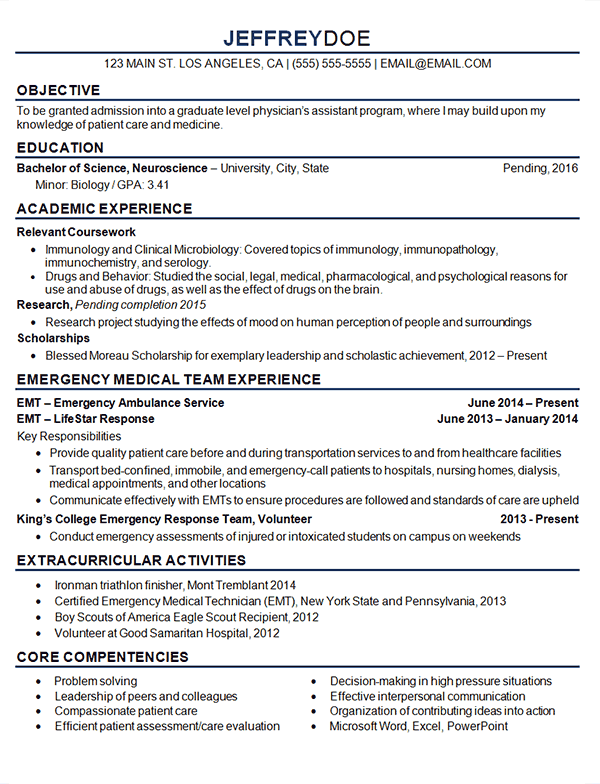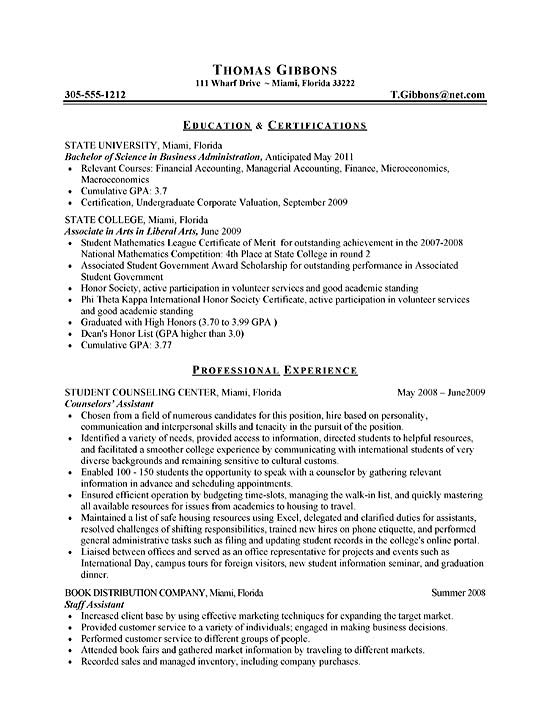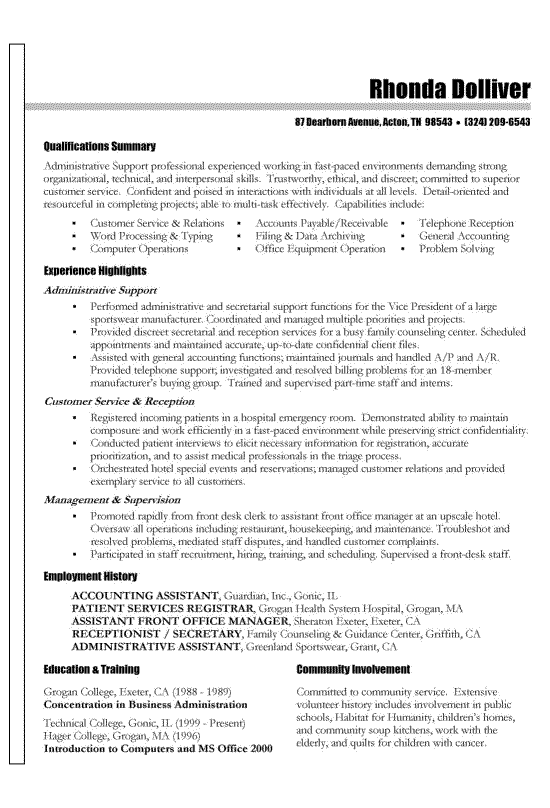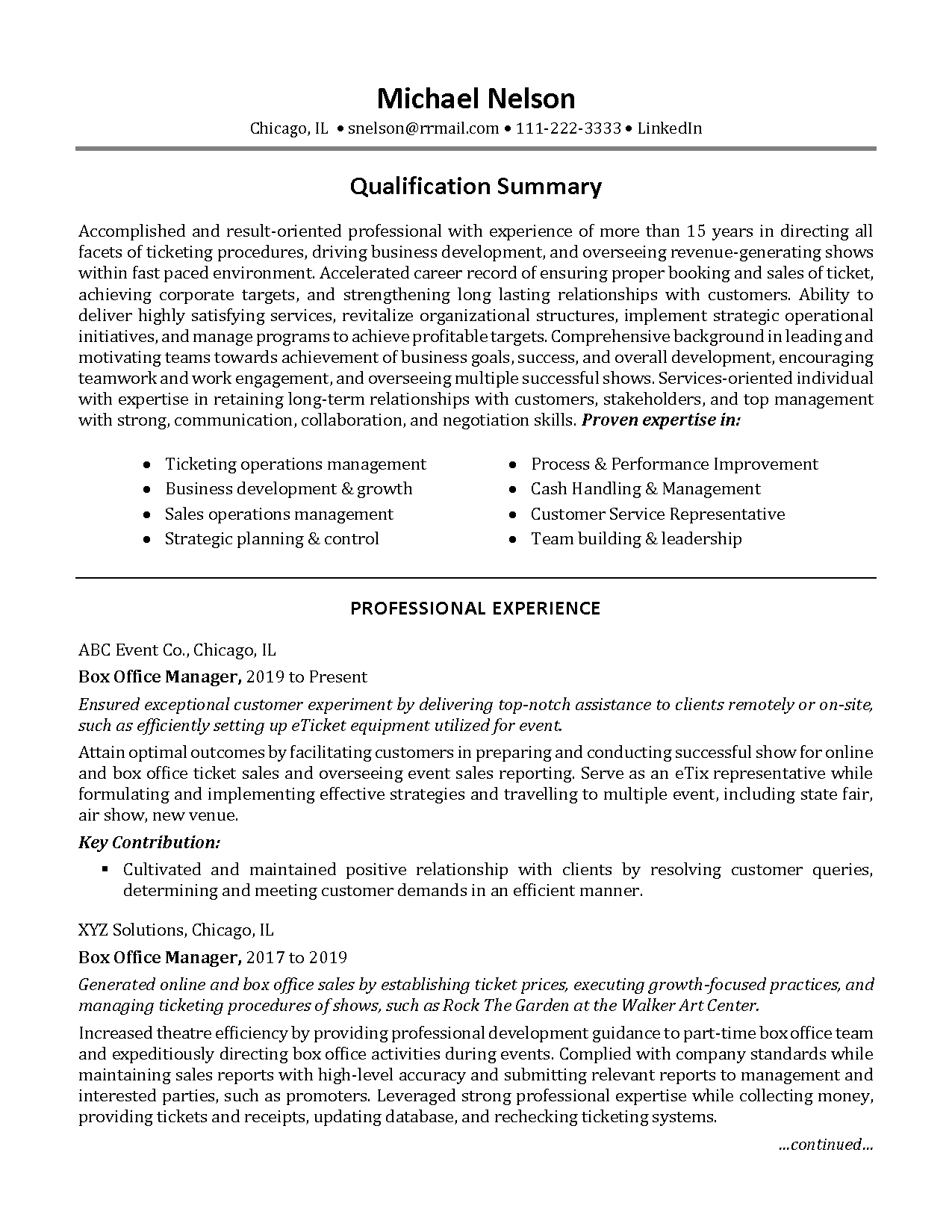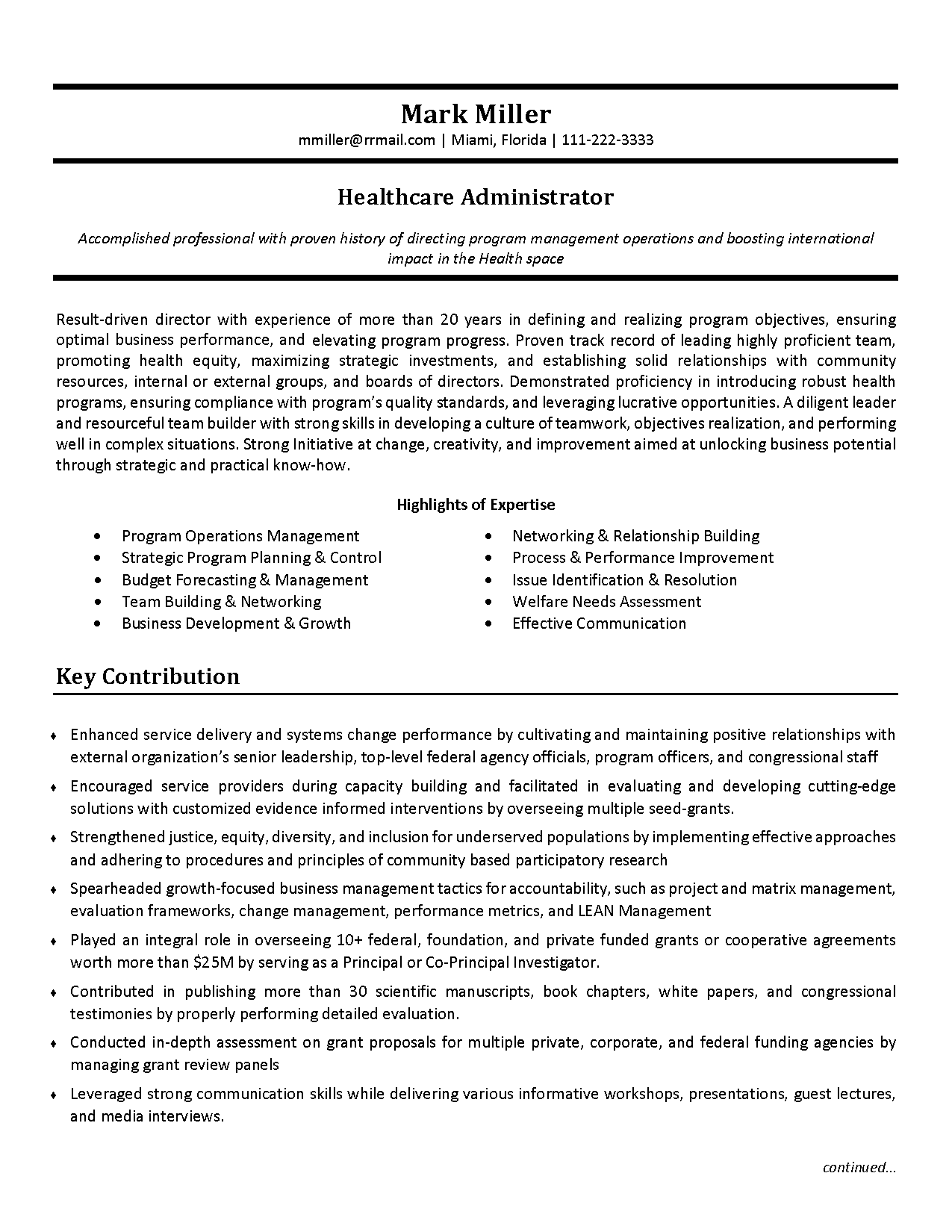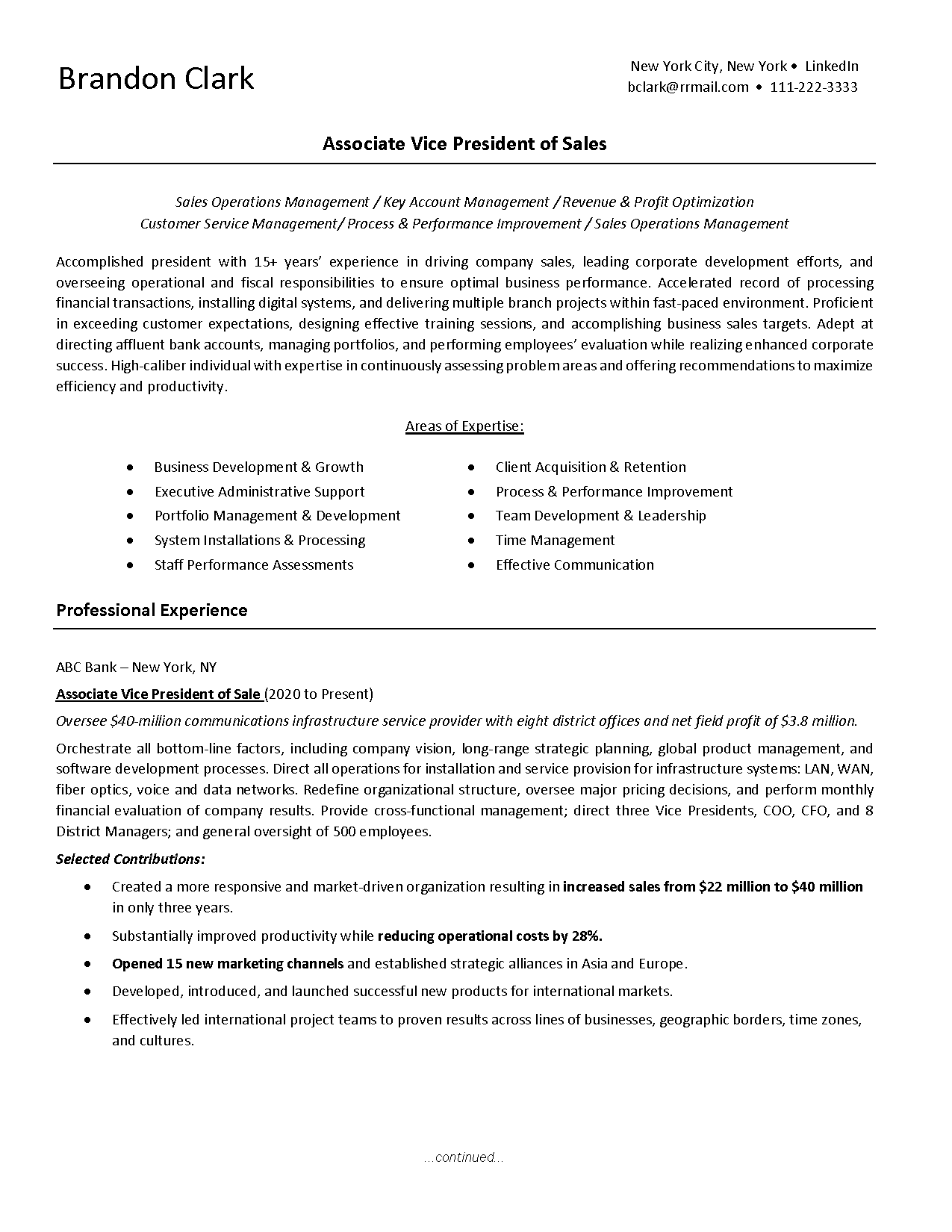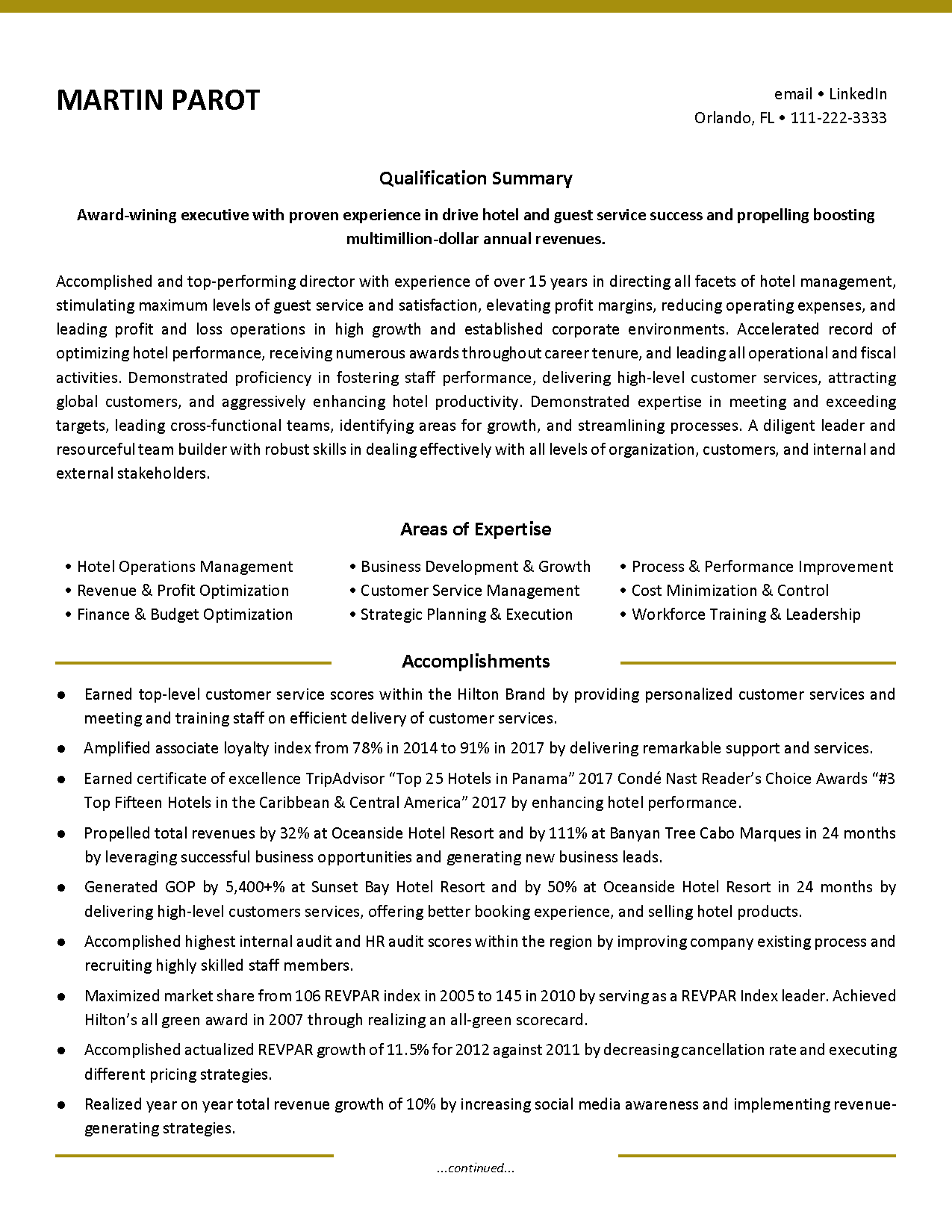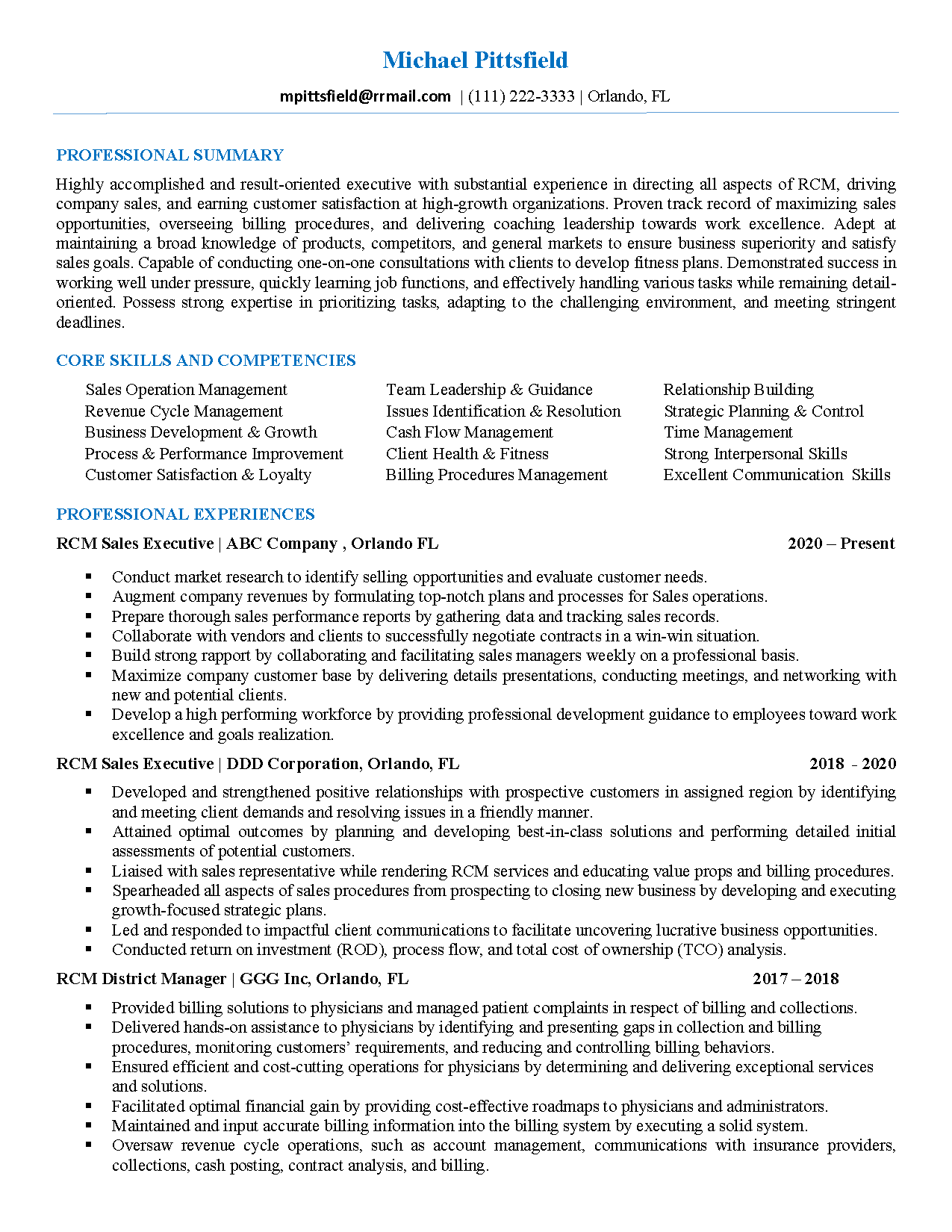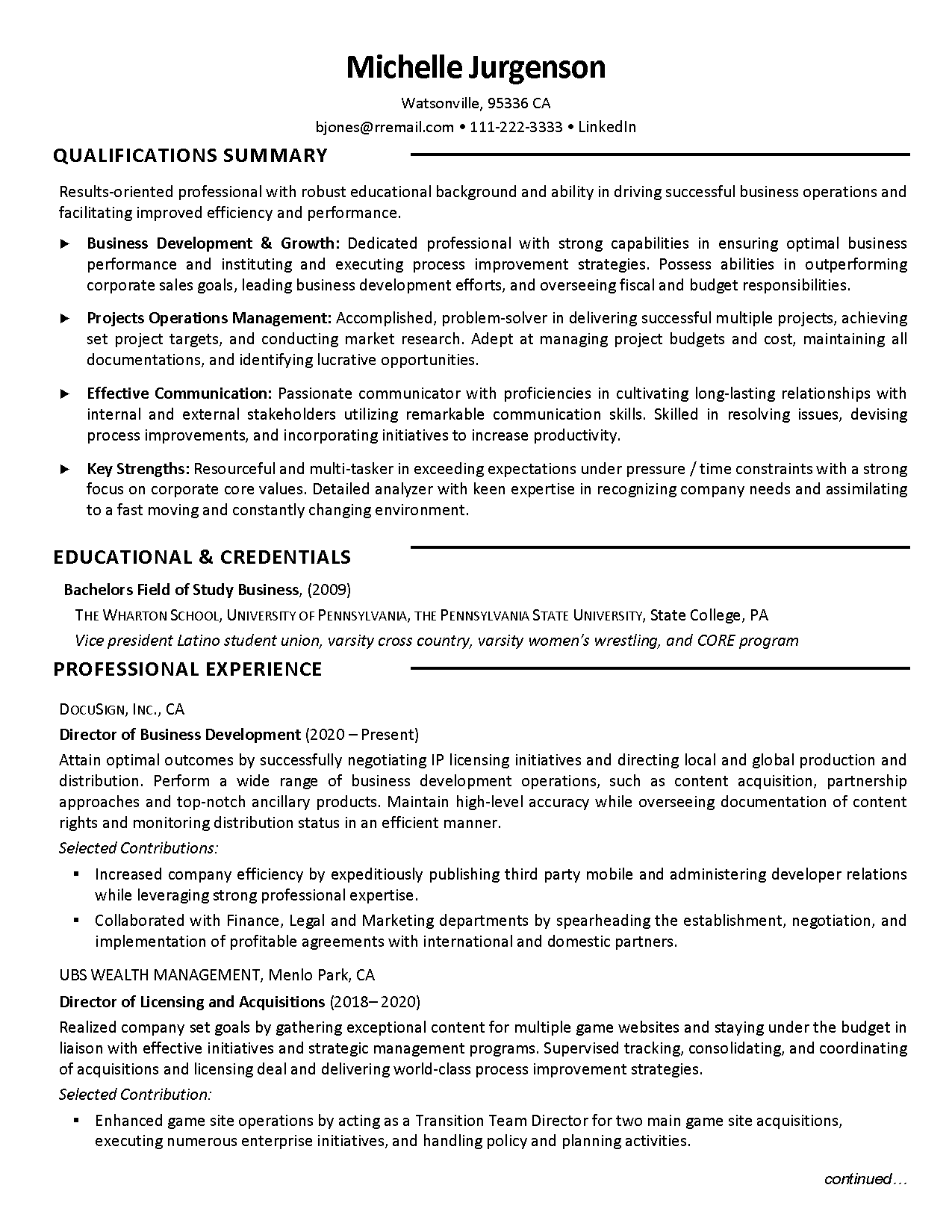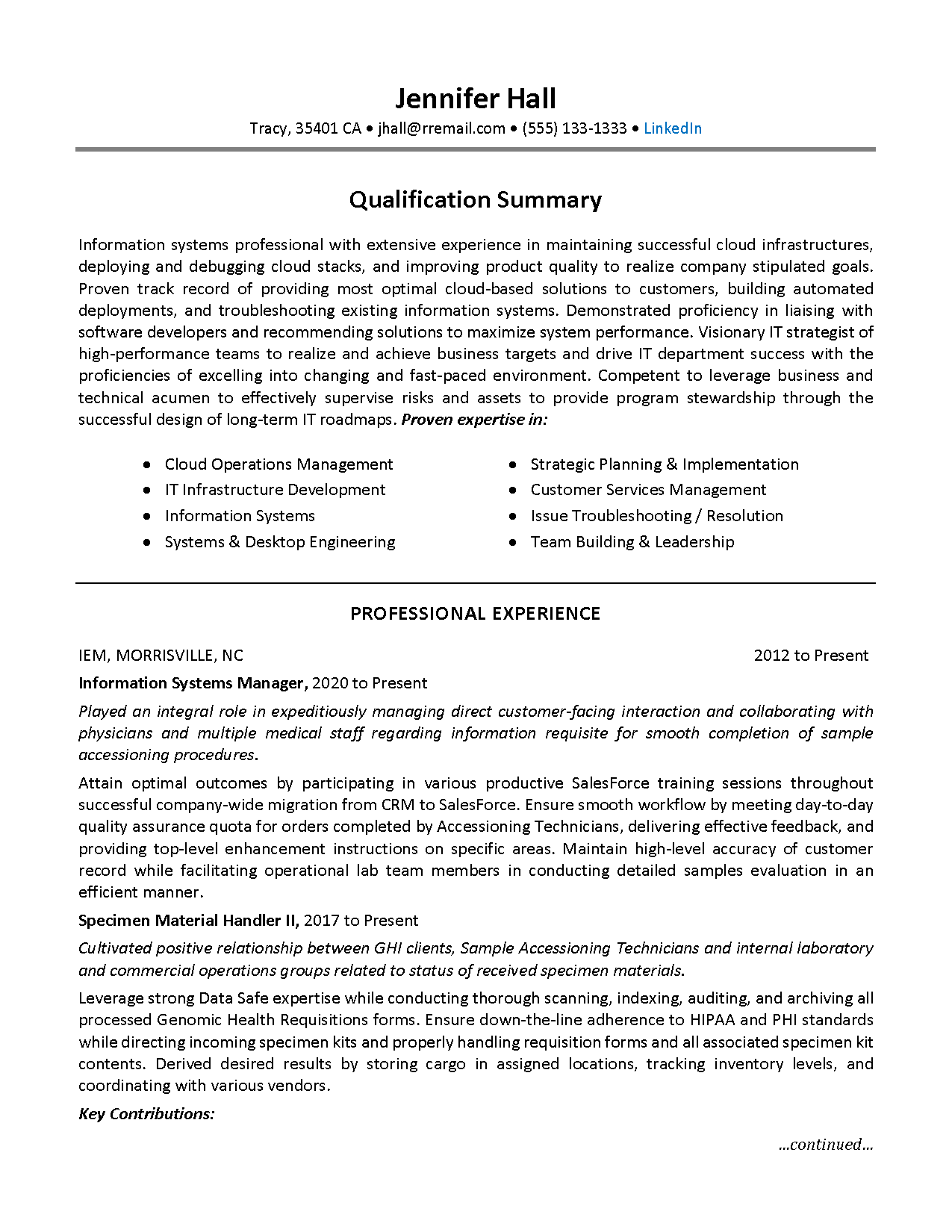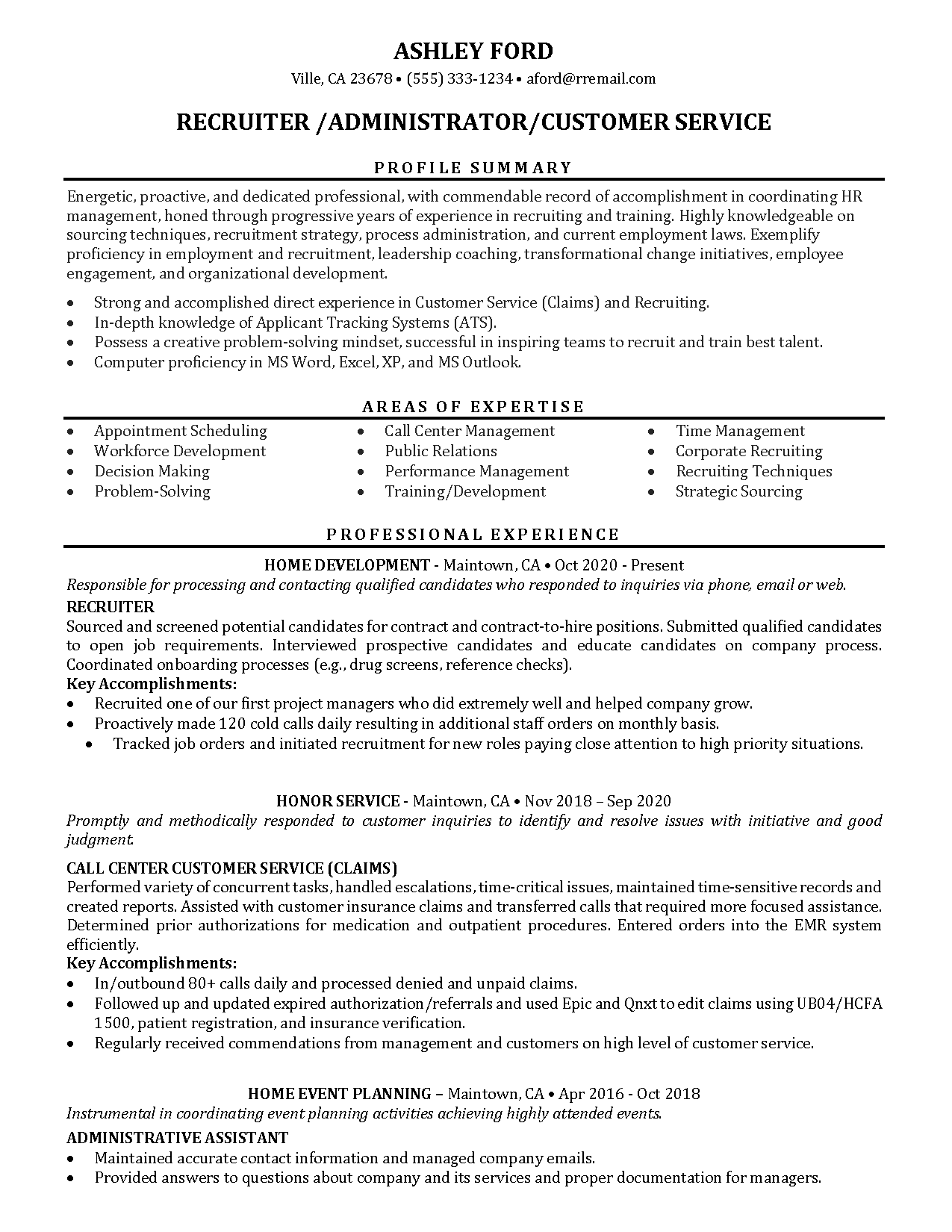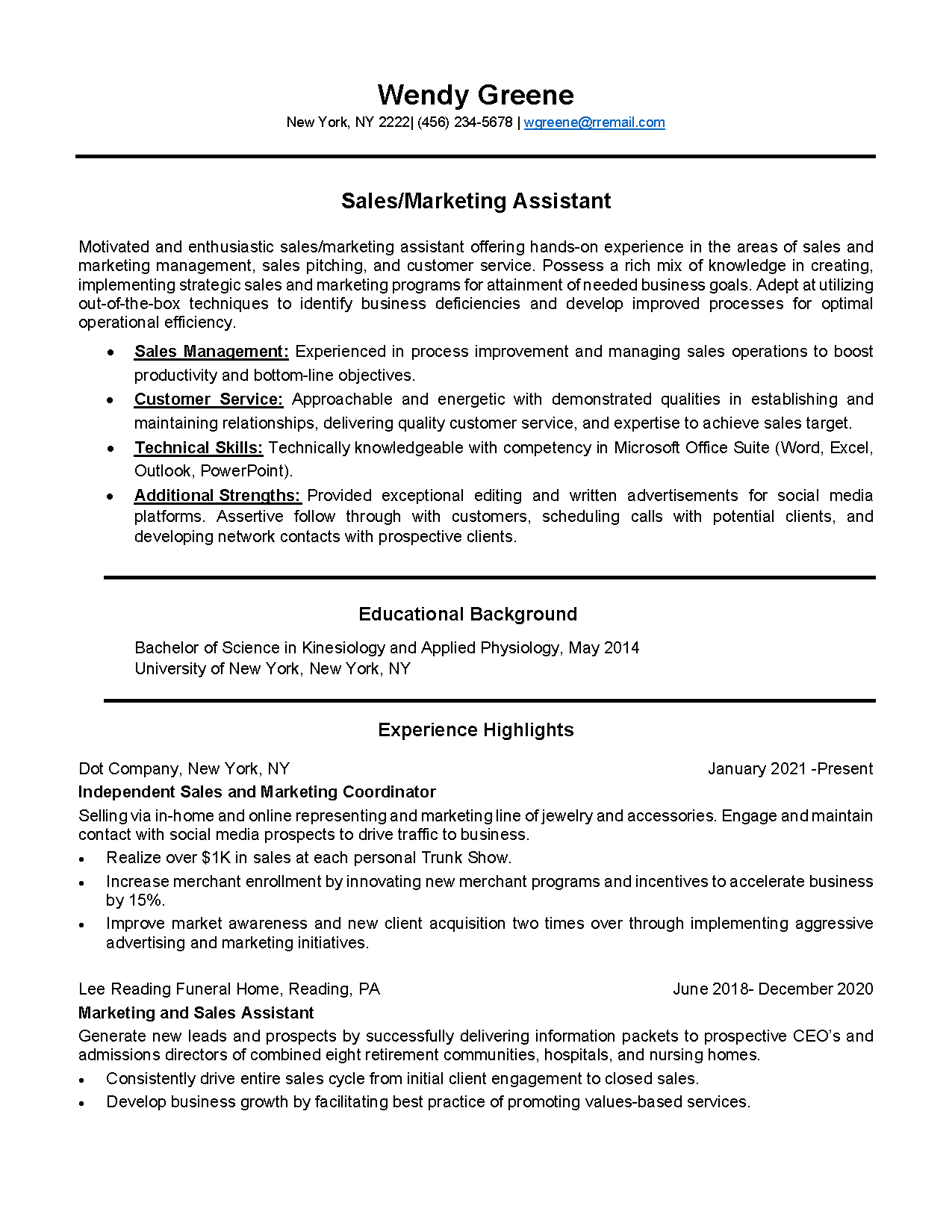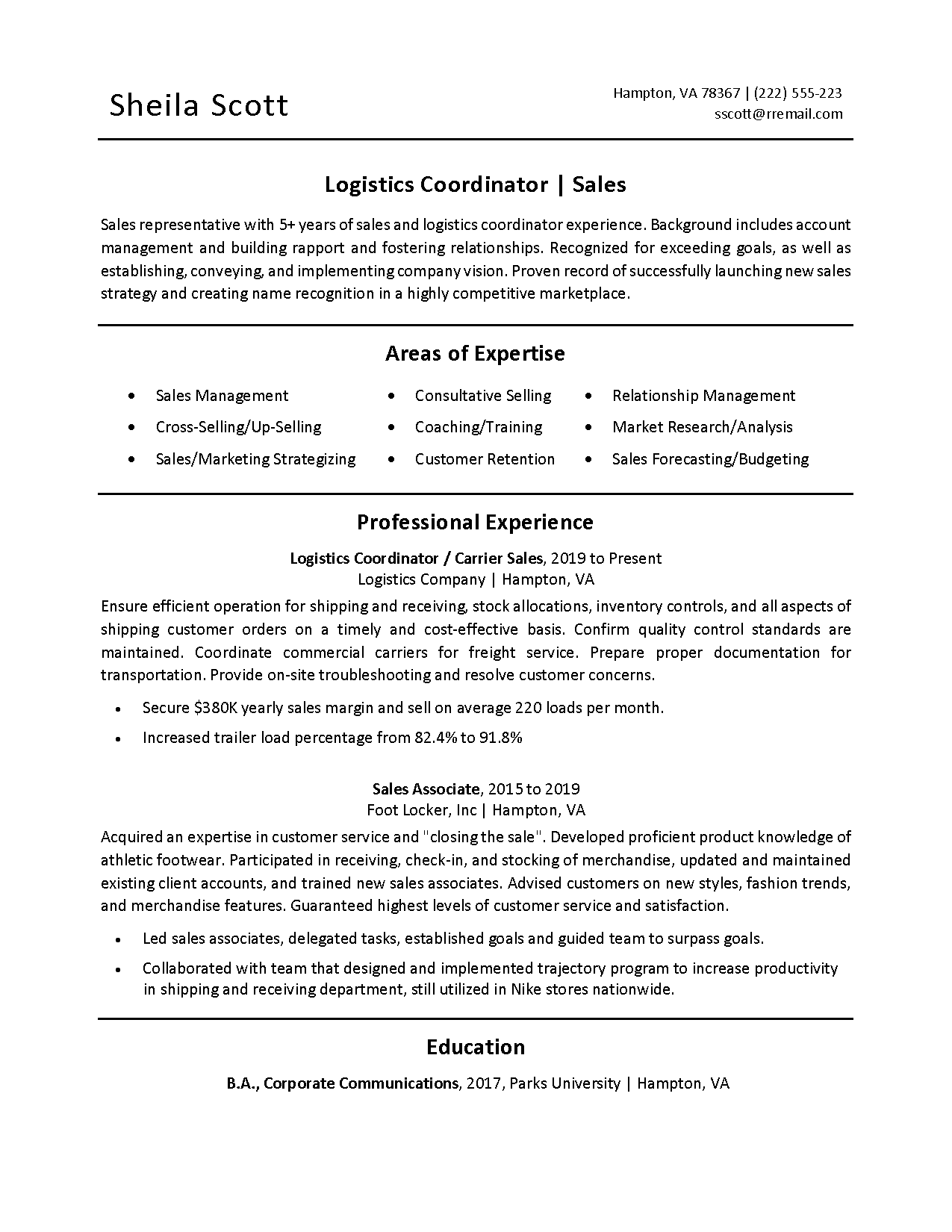
How to handle job loss and pivot to a new career
-
Table of Contents
- Introduction
- How to Use Your Job Loss as an Opportunity to Re-Evaluate Your Career Goals
- How to Leverage Your Network to Find New Opportunities After Job Loss
- How to Use Your Job Loss as an Opportunity to Learn New Skills
- How to Create a Professional Brand to Help You Stand Out in the Job Market
- How to Use Social Media to Find New Career Opportunities After Job Loss
- How to Take Advantage of Free Resources to Help You Pivot to a New Career
- Conclusion
Introduction
Losing a job can be a difficult and stressful experience. It can be hard to know where to start and how to move forward. However, it is important to remember that job loss does not have to be the end of your career. With the right approach, you can use this as an opportunity to pivot to a new career. This guide will provide you with tips and advice on how to handle job loss and pivot to a new career. It will cover topics such as how to stay positive, how to assess your skills and interests, and how to find a new job. With the right attitude and the right approach, you can use job loss as an opportunity to start a new career.
How to Use Your Job Loss as an Opportunity to Re-Evaluate Your Career Goals
Losing your job can be a difficult and stressful experience. However, it can also be an opportunity to re-evaluate your career goals and make changes that will help you achieve success in the future. Here are some tips to help you make the most of this situation:
1. Take some time to reflect. Losing your job can be a shock, so it’s important to take some time to process your emotions and reflect on what happened. Consider what you could have done differently and what you learned from the experience.
2. Assess your skills and interests. Think about what you’re good at and what you enjoy doing. This will help you identify potential career paths that could be a good fit for you.
3. Research different career options. Once you’ve identified some potential career paths, do some research to learn more about them. Look into the job requirements, salary expectations, and other important details.
4. Network with professionals in the field. Reach out to people who are already working in the field you’re interested in. Ask them questions about their experience and get advice on how to break into the industry.
5. Create a plan. Once you’ve done your research and spoken to professionals in the field, create a plan for how you’ll pursue your new career goals. This could include taking classes, getting certifications, or applying for jobs.
By taking the time to re-evaluate your career goals after a job loss, you can make sure you’re on the right path to achieving success in the future.
How to Leverage Your Network to Find New Opportunities After Job Loss
Losing a job can be a difficult and stressful experience. However, it can also be an opportunity to leverage your network to find new opportunities. Here are some tips to help you make the most of your network and find new opportunities after job loss.
1. Reach out to your contacts. Reach out to your contacts and let them know that you are looking for new opportunities. Ask them if they know of any openings or if they can refer you to someone who might be able to help.
2. Attend networking events. Attend networking events in your industry and make sure to introduce yourself to as many people as possible. Ask questions and listen to what others have to say. You never know who might be able to help you find a new job.
3. Utilize social media. Social media is a great way to connect with people in your industry. Follow companies and people who are in your field and engage with them. You never know who might be able to help you find a new job.
4. Ask for help. Don’t be afraid to ask for help. Reach out to your contacts and let them know that you are looking for new opportunities. Ask them if they know of any openings or if they can refer you to someone who might be able to help.
5. Follow up. After you have reached out to your contacts, make sure to follow up with them. This will show them that you are serious about finding a new job and that you are willing to put in the effort to make it happen.
By leveraging your network, you can find new opportunities after job loss. Reach out to your contacts, attend networking events, utilize social media, ask for help, and follow up. With a little bit of effort, you can find the job of your dreams.
How to Use Your Job Loss as an Opportunity to Learn New Skills
Losing your job can be a difficult and stressful experience. However, it can also be an opportunity to learn new skills and develop yourself professionally. Here are some tips to help you make the most of your job loss and use it as an opportunity to learn new skills.
1. Take a Step Back and Reflect: Take some time to reflect on your current skills and what you would like to learn. Consider what skills you need to develop to make yourself more marketable in the job market.
2. Research and Network: Research the job market and the skills employers are looking for. Network with people in your industry and ask them what skills they think are important.
3. Take Classes or Get Certified: Consider taking classes or getting certified in the skills you need to develop. This will help you stand out from other job applicants and demonstrate your commitment to learning.
4. Take on a Side Project: Take on a side project that will help you develop the skills you need. This could be a freelance project, a volunteer opportunity, or a part-time job.
5. Utilize Online Resources: Take advantage of online resources such as tutorials, webinars, and online courses. These can be a great way to learn new skills without having to invest a lot of money.
By taking the time to reflect, research, and take advantage of online resources, you can use your job loss as an opportunity to learn new skills and develop yourself professionally. This will help you stand out from other job applicants and make you more marketable in the job market.
How to Create a Professional Brand to Help You Stand Out in the Job Market
Creating a professional brand is essential for standing out in the job market. A professional brand is a combination of your skills, experiences, and values that make you unique and attractive to potential employers. It is important to create a professional brand that accurately reflects who you are and what you have to offer. Here are some tips for creating a professional brand that will help you stand out in the job market.
1. Identify Your Strengths and Weaknesses: Take some time to reflect on your skills, experiences, and values. Identify your strengths and weaknesses and think about how they can be used to create a professional brand.
2. Develop Your Professional Brand: Once you have identified your strengths and weaknesses, you can begin to develop your professional brand. Think about how you want to be perceived by potential employers and create a brand that reflects that.
3. Create a Professional Online Presence: Your online presence is an important part of your professional brand. Make sure your social media profiles are professional and up-to-date. You should also create a professional website or blog to showcase your skills and experiences.
4. Network: Networking is an important part of creating a professional brand. Attend industry events, join professional organizations, and connect with other professionals in your field.
5. Promote Yourself: Once you have created a professional brand, you need to promote it. Use social media, your website, and other channels to share your brand and get your name out there.
By following these tips, you can create a professional brand that will help you stand out in the job market. A professional brand is an essential part of your job search and can help you land the job of your dreams.
How to Use Social Media to Find New Career Opportunities After Job Loss
The loss of a job can be a difficult and stressful experience. Fortunately, there are many ways to use social media to find new career opportunities after job loss. Here are some tips to help you get started.
1. Update Your Profile: Make sure your profile is up-to-date and reflects your current skills and experience. Include a professional headshot and a brief summary of your qualifications.
2. Connect with Professionals: Use social media to connect with professionals in your field. Follow industry leaders, join relevant groups, and participate in conversations.
3. Network: Use social media to network with potential employers and recruiters. Follow companies you’re interested in and join conversations about job openings.
4. Promote Yourself: Use social media to promote yourself and your skills. Share relevant articles, post updates about your job search, and highlight your accomplishments.
5. Use Hashtags: Use relevant hashtags to find job postings and connect with potential employers.
6. Leverage Your Connections: Reach out to your connections and ask for referrals or advice.
By following these tips, you can use social media to find new career opportunities after job loss. With the right strategy, you can increase your chances of finding the perfect job.
How to Take Advantage of Free Resources to Help You Pivot to a New Career
Making a career change can be a daunting prospect, but with the right resources, it can be a rewarding and successful endeavor. Fortunately, there are a number of free resources available to help you make the transition to a new career. Here are some tips on how to take advantage of these resources to help you pivot to a new career.
1. Research Your Options: Before you make any decisions, it’s important to do your research. Take the time to explore different career paths and determine which one is the best fit for you. Consider your skills, interests, and values to help narrow down your options.
2. Utilize Online Resources: There are a number of online resources available to help you explore different career paths. Take advantage of websites such as CareerOneStop, which provides information on different occupations, job search tools, and career exploration resources.
3. Network: Networking is an important part of any job search. Connect with people in your desired field and ask them questions about their experience. You can also join professional organizations and attend networking events to make connections and learn more about the industry.
4. Take Online Courses: There are a number of free online courses available to help you gain the skills and knowledge you need to make a successful career change. Take advantage of these courses to learn more about the industry and develop the skills you need to succeed.
5. Seek Out Mentors: Finding a mentor can be a great way to gain insight into the industry and learn more about the job. Reach out to professionals in your desired field and ask them if they would be willing to mentor you.
Making a career change can be a daunting prospect, but with the right resources, it can be a rewarding and successful endeavor. Take advantage of the free resources available to help you make the transition to a new career. Research your options, utilize online resources, network, take online courses, and seek out mentors to help you make the transition.
Conclusion
Job loss can be a difficult and stressful experience, but it can also be an opportunity to explore new career paths. By taking the time to assess your skills and interests, researching potential career paths, and networking with professionals in the field, you can find a new career that is both fulfilling and rewarding. With the right attitude and a willingness to learn, you can successfully pivot to a new career and find success in your new path.







